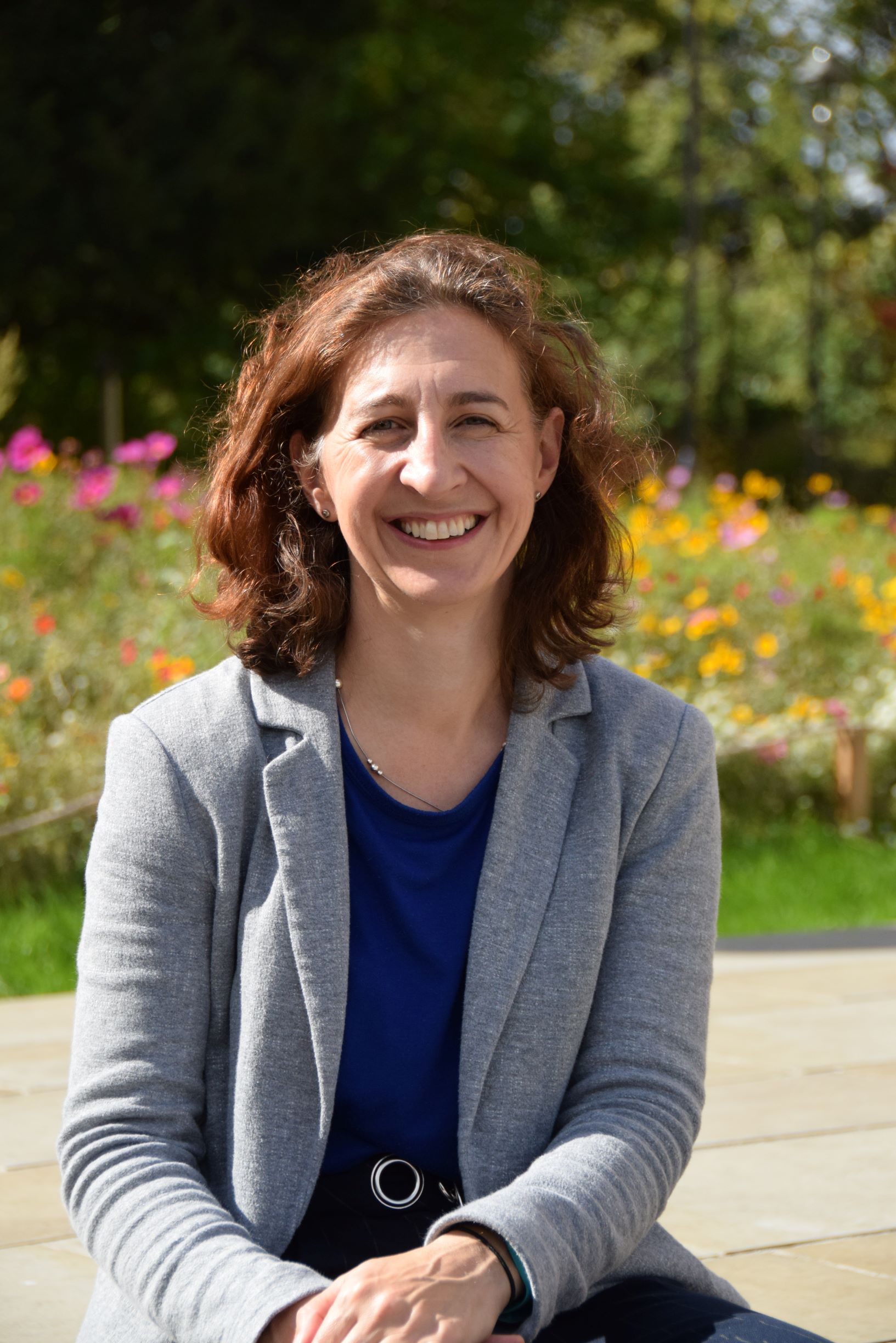EDIS 2019: A reflection from the Elizabeth Blackwell Institute


Elizabeth Blackwell Institute for Health Research
At the Elizabeth Blackwell Institute we we’re working to make research a fairer place for everyone and reminding ourselves of how inclusion delivers research that’s most relevant to today’s world.
Dr Elizabeth Blackwell was the first female doctor in the UK. At the Elizabeth Blackwell Institute at the University of Bristol we try to honour her name and spirit. We work to support and nurture research across the University and we thread to equality, diversity and inclusion throughout the support that we provide. We were pleased to attend and support the 2019 EDIS symposium, which enabled us to pause and take stock of the current thinking about inclusion in science. It also meant that we reflected on our own commitment to equality, particularly how inclusion in research design intersects with inclusion in research careers.
The symposium included sessions that reminded us of how failure to foster inclusion in research makes science less generalisable and relevant. This risk to research spans fundamental and discovery science as well as applied and clinical research. In response to growing awareness of the need to change, improvements are now happening across the research ecosystem. For instance, since 2019 the National Institutes of Health (NIH) in the USA has been mandating that participants of all ages must be included in research that involves humans as subjects, unless there is an ethical or scientific reason not to do so. In the UK, gender equality statements are required within applications to certain funding calls from UK Research and Innovation. These are welcome approaches to equality, diversity and inclusion, which mean that researchers must consider equality and diversity in the design of their work at the pre-funding and reporting stages, which act as key points in research timelines and so act as drivers for change. Future next steps could include requirement that research considers the full range of people’s characteristics, and the intersectionality in that range.
Ultimately though, although mandatory requirements are important, they need to sit alongside true engagement with the issues at hand. Mandatory requirements are only one of many methods that can be used to foster change, in this case towards greater inclusion. These methods can sit alongside myriad others, including those that nudge, cajole or present the scientific imperative for consideration of diversity in research. A combination of approaches is likely to be needed for effective and sustained change, which implies that there is need for systemic change at all levels in the research system.
Systemic change means that we need to think about the ways in which research is prioritised and designed, and how findings are reported and communicated. This relies on the people who do the research as well as the structures and processes that they do it within. Here at the Elizabeth Blackwell Institute, we think that attention to these is everyone’s business. Wellcome Trust is prioritising research culture and working to ‘reimagine research’, so that it is ‘creative, inclusive and honest’. As an anthropologist, I cut my teeth thinking about what culture is, what it is not, and how culture ‘happens’ rather than ‘is’. Culture as a set of views, knowledge and practices is fluid and changes over time and any form of culture will have patterns of power within it. Some people hold more power than others, either all of the time or some of the time, and the challenge here is that change may need to come from those with less power. In the research ecosystem as it stands, power tends to be described in terms of knowledge and experience, and may have moral or ethical overtones related to the value of knowledge and experience to the greater goal of research excellence. Power can be most visible at key decision-making points such as in decisions about research funding, publication and careers. The processes that take place in these are revealing and often suffuse with claims about moral or ethical behaviours, which can also drive change. For instance, recent debate about publication and open access hinges on the need to equalise power differentials in access to research findings, so that everyone has the chance to access research findings. However, for use as scientists of whatever type, it’s also important that moral choice exists alongside a strong evidence-base about the value and importance of ensuring inclusion in research, which was clearly demonstrated in the EDIS event.
The EDIS symposium 2019 reminded us all of the need to take stock, and that there remains much work to be done at system and individual levels that comprise culture. When we think about equality, diversity and inclusion at the Elizabeth Blackwell Institute we also think about culture more broadly; we try to think with the evidence-base that we already have, and to acknowledge that there is much that we don’t know. This means that as we work to celebrate Dr Blackwell’s name, we’re working to make research a fairer place for everyone by reminding us all of the importance of equality to deliver the best research that we can.
Twitter for the Elizabeth Blackwell Institute: @EBIBristol
